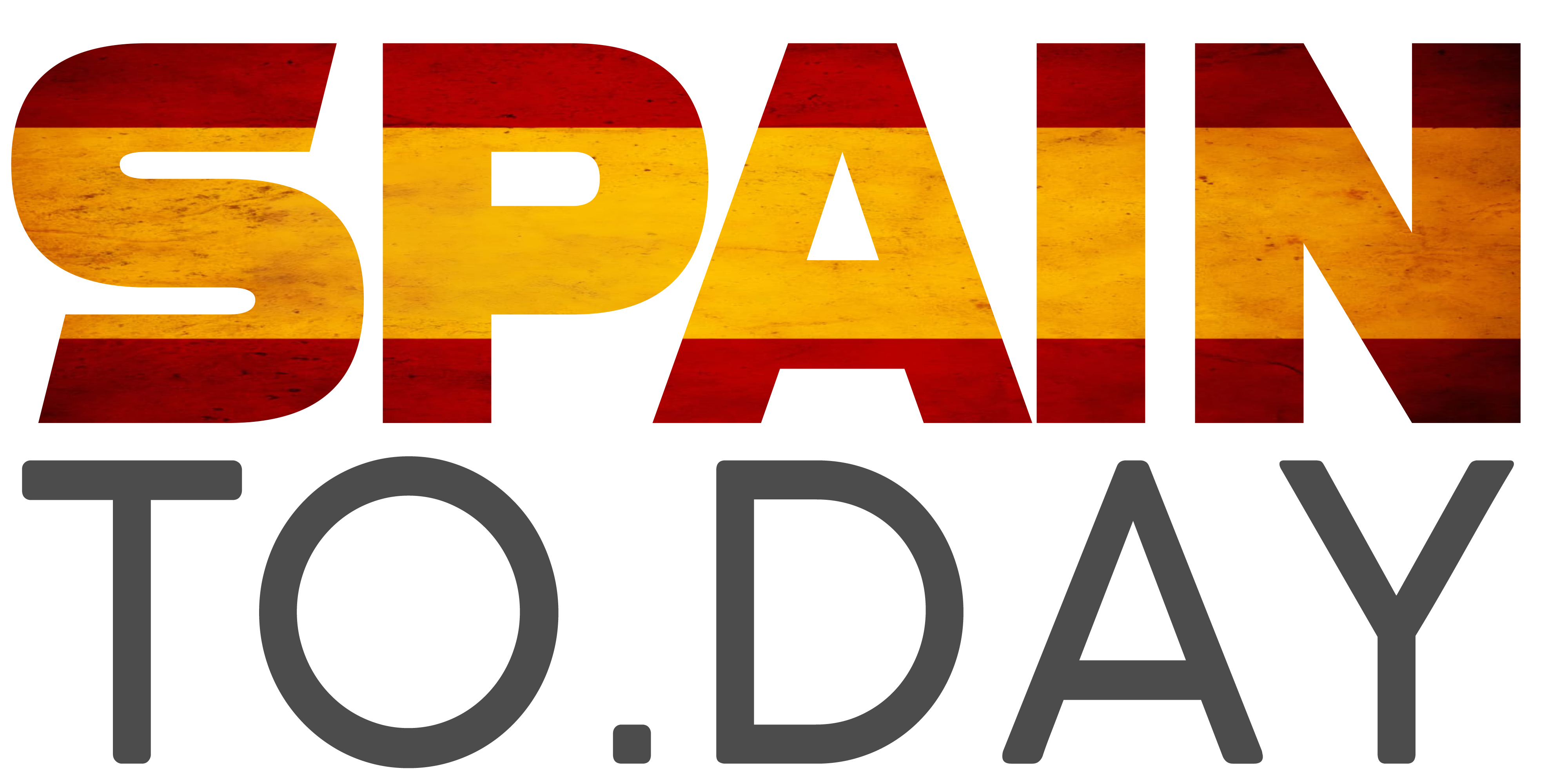The NIE number, or Número de Identidad de Extranjero, is a unique identification number issued to foreigners in Spain. This essential document is required for various administrative and legal processes, making it crucial for those planning to reside or work in the country. Understanding the NIE number requirements and application process is vital for a seamless experience in Spain.
Step-by-Step Guide to Applying for a NIE Number in Spain
Obtaining a NIE (Número de Identificación de Extranjeros) number is a crucial step for foreigners who wish to live, work, or conduct business in Spain. The NIE number serves as a unique identification number for non-Spanish citizens and is required for a variety of legal and financial transactions.
The process of applying for a NIE number typically involves the following steps:
Documentation: Gather the necessary documentation, which may include a valid passport, proof of residency or purpose of stay in Spain, and any other supporting documents required by the specific application process.
Application: The NIE number application can be submitted in person at the Oficina de Extranjería (Foreigners’ Office) or the National Police Station. Alternatively, the application can be made through an authorized representative, such as a lawyer or a gestor (administrative agent).
Appointment: After submitting the application, the applicant will be required to attend an appointment at the Oficina de Extranjería or the National Police Station. During this appointment, the applicant will need to provide fingerprints and, in some cases, additional documentation.
Processing Time: The processing time for a NIE number application can vary depending on the location and the workload of the particular office. Most of the time you get it immediately.
Receiving the NIE Number: Once the application is approved, the applicant will receive the NIE number, which is typically a letter followed by a series of numbers (e.g., X-12345678-A). This number must be used in all official documents and transactions in Spain.
It’s important to note that the specific requirements and procedures for obtaining a NIE number may vary depending on the applicant’s circumstances and the region in Spain where the application is being made. It’s advisable to consult with local authorities or seek the assistance of a professional to ensure a smooth and successful NIE number application process.
Necessary Documents and Information for Your NIE Number Application
Obtaining a NIE (Foreigner’s Identification Number) in Spain requires specific supporting documents. The NIE is essential for legal and administrative procedures, such as opening a bank account, buying property, or registering a business. Key documents needed include:
- an application form (EX-15)
- valid passport/ID
- proof of the need for a NIE, like a work contract or rental agreement
Additional documentation, such as a criminal record certificate or proof of address, may also be required. Requirements can vary based on the applicant’s nationality, purpose of stay, and autonomous community.
Conclusion: Why Having a NIE Number is Essential for Living and Working in Spain
A NIE number is essential for living and working in Spain. The NIE (Número de Identificación de Extranjeros) is a unique ID number for foreign nationals. It’s required for legal and financial transactions, from opening a bank account to buying property. Without a NIE, foreign residents face significant challenges. The number serves as proof of identification and tax residency, necessary for rental contracts, public services, and tax filings. The NIE is also a prerequisite for obtaining a work permit or starting a business in Spain. Employers require a valid NIE before hiring foreign workers, and entrepreneurs need it to register a company and comply with regulations. In summary, a NIE number is crucial for anyone planning to live, work, or invest in Spain. It provides the legal documentation to navigate the Spanish system and participate in the country’s economic and social activities.
